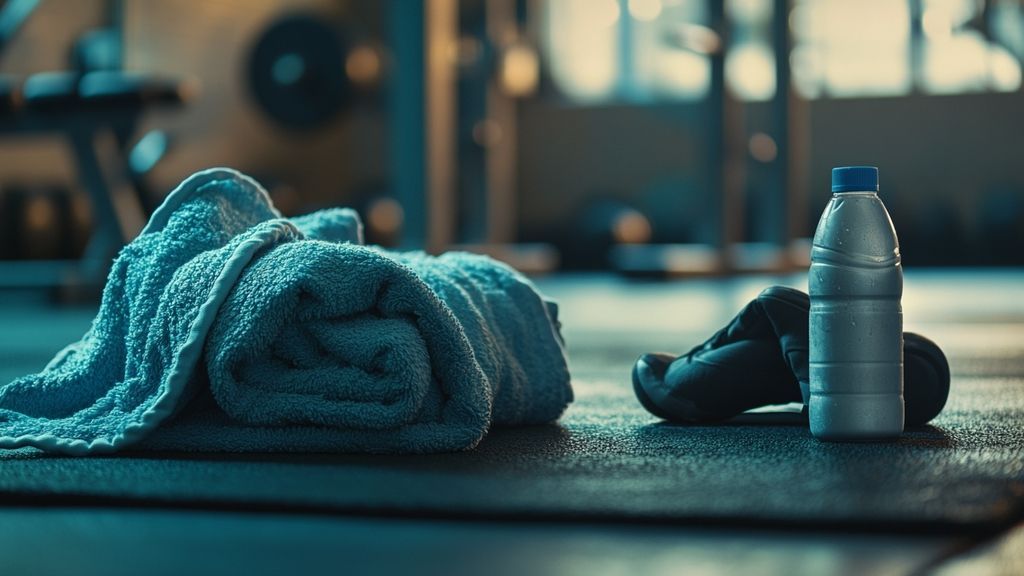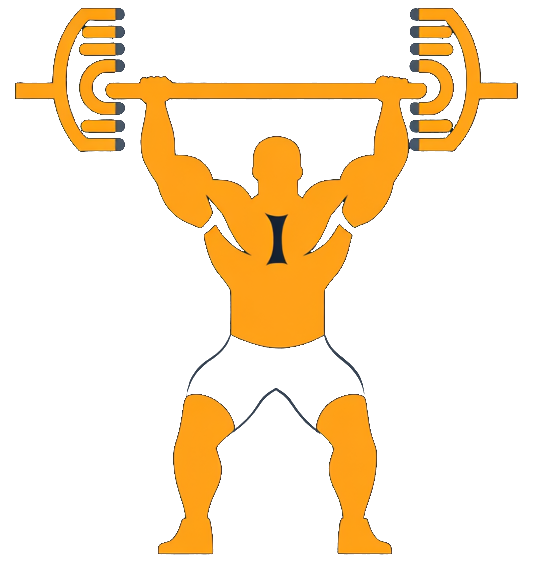The intricate dance of fitness and nutrition has never been more vital, especially for dedicated athletes engaging in strenuous activities like CrossFit. One essential component often overlooked is hydration. Understanding the significance of staying hydrated plays a crucial role in maximizing performance, preventing injuries, and ensuring overall well-being. This article delves into the importance of hydration for CrossFit enthusiasts and provides actionable strategies to maintain adequate fluid levels for optimal performance.
Understanding Hydration Needs in CrossFit
Every CrossFit athlete, regardless of their level, should recognize how hydration impacts their training performance. Factors such as sweat loss during intense WODs, environmental conditions, and individual metabolic rates influence hydration requirements. During workouts, significant fluid loss occurs not only from sweating but also through respiration. Thus, maintaining a proper intake of fluids is essential for performance.
Fluid Loss and Performance
Research indicates that even a slight reduction in hydration levels can compromise performance and endurance. The body is composed of approximately 60% water, and during high-intensity exercises like CrossFit, this water is lost rapidly. According to studies, a mere 2% reduction in body weight due to dehydration can lead to decreased coordination, increased fatigue, and longer recovery times. Therefore, it’s crucial for athletes to proactively manage their fluid intake.
Signs of Dehydration
Being aware of dehydration symptoms can be a game-changer for athletes. Common signs include:
- Dark yellow urine—aim for pale lemonade in color
- Fatigue and reduced cognitive function
- Muscle cramps and cramps during workouts
If you notice these symptoms, adjusting your fluid intake immediately becomes critical.
How Much Water Should You Drink?

Determining the right water intake can depend on multiple factors:
- Body weight
- Workout intensity
- Length of exercise
The American Council on Exercise provides a general guideline suggesting athletes drink:
- 17-20 ounces of water a few hours before exercising
- 8 ounces 20-30 minutes prior to workout
- 4-8 ounces during exercise every 15-20 minutes
This structured approach ensures that you start your workout properly hydrated and maintain hydration throughout.
Post-Workout Hydration
Post-exercise hydration is often neglected, yet it’s equally critical. Weighing yourself before and after training can provide insights on how much fluid is lost during the workout. For every pound lost, aim to consume roughly 3 cups of water to ensure proper recovery. This approach not only replenishes lost fluid but also plays a critical role in muscle recovery.
Electrolytes and Their Role in Hydration
Hydration goes beyond just water; it also encompasses electrolytes—minerals like sodium, potassium, and magnesium. These electrolytes help regulate fluid balance and muscle function, making them essential during intense workouts.
CrossFit sessions, particularly those that are strenuous and prolonged, result in significant losses of these minerals through sweat. If lost, these electrolytes must be replaced to prevent symptoms like muscle cramps and fatigue. Adequate electrolyte intake can improve fluid absorption, enhancing overall hydration.
Selecting Sports Drinks Wisely
For prolonged workouts exceeding 45 minutes, consider using sports drinks that contain electrolytes. However, it’s essential to choose drinks that fit your taste and tolerability—if it’s too sweet or strong, dilute it with water. Many athletes make the mistake of trying new beverages on competition day; testing these during training helps avoid gastrointestinal distress during competitions.
Daily Hydration Strategies

Consistency in hydration habits can be crucial for athletes aiming to optimize performance. Following a structured daily routine helps maintain fluid levels without overthinking it. Consider setting reminders to drink water every couple of hours, even when not exercising. Carrying a refillable water bottle and consuming foods with high water content, like fruits and vegetables, can be beneficial strategies.
Hydration Plans for Athletes
Creating a personalized hydration plan tailored to your daily activities, including workouts, body weight, and exercise intensity can significantly enhance your hydration status. Break down your daily fluid needs into manageable portions, ensuring you drink regularly throughout the day. For example, if aiming to consume 120 ounces per day, set reminders to drink every few hours or before meals, making the process simpler and more effective.
Special Considerations for Hydration
Certain populations need to be particularly careful about maintaining hydration. As individuals age, their body water levels decrease, and the thirst response diminishes. Pregnant athletes must also pay close attention to fluid intake for both themselves and their baby. Athletes participating in two-a-day workouts face unique challenges for hydration, as they must replenish lost fluids more frequently.
Alcohol and Caffeine: Drink Wisely
Both alcohol and caffeine have diuretic effects, meaning they can contribute to fluid loss. While moderate caffeine intake may not significantly impact hydration, it’s essential to consume these beverages mindfully, especially around training times. Alcohol, being a stronger diuretic, should be limited in the days leading up to competitions.
Conclusion: Prioritizing Hydration for Success

Ensuring proper hydration is a core component of a successful CrossFit training regimen. Without adequate fluid intake, performance plateauing is inevitable, potentially leading to injuries. Incorporate hydration strategies tailored to your individual needs and focus on electrolyte balance to thrive in your workouts. By being intentional with your hydration practices, you’re setting the stage for training success.
FAQs
What is the best way to stay hydrated during CrossFit? Water should be your primary beverage, but consider electrolyte supplementation during extended or intense workouts.
How much water should I drink daily as a CrossFit athlete? Generally, aim for about 91 ounces for women and 125 ounces for men daily, adjusting based on activity levels.
Can I rely on thirst as an indicator of hydration? Thirst often signals that you’re already somewhat dehydrated. Regular fluid intake is essential.
Are there specific hydration strategies for competitions? Yes, developing a hydration plan that includes pre-hydration and electrolyte replacement is advisable.
How do I know if I’m properly hydrated? Monitoring urine color and tracking body weight before and after workouts are good indicators of hydration status.
